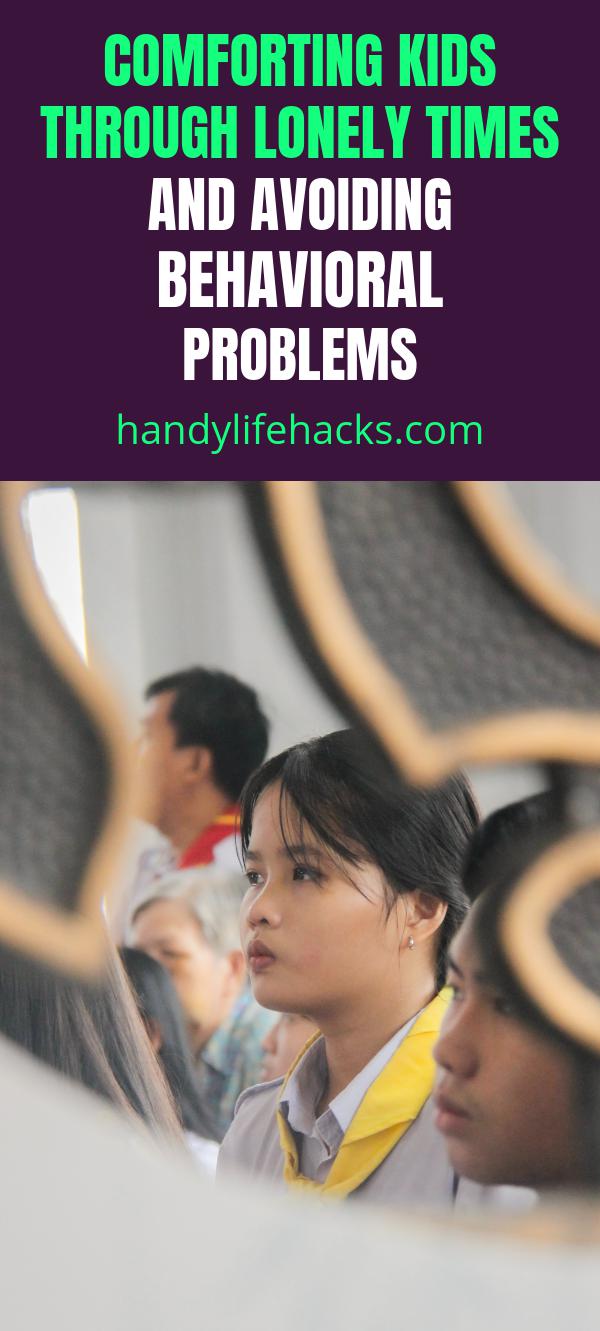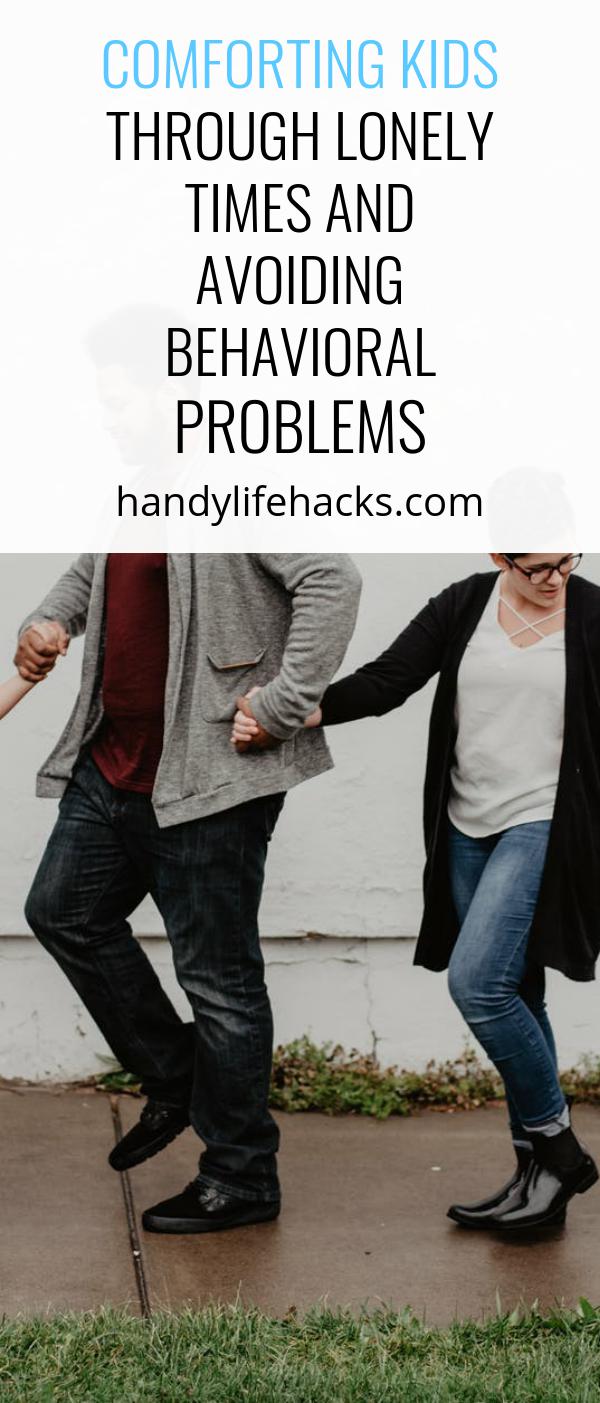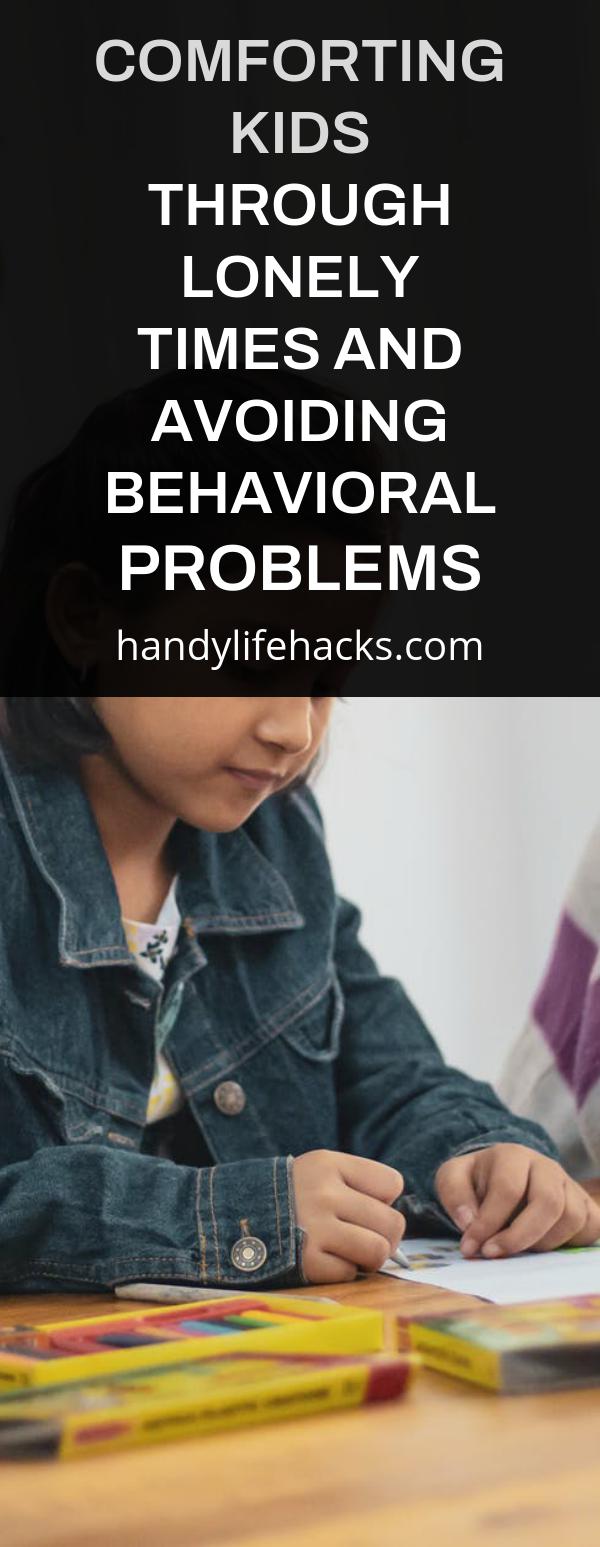
Sadness, just like any emotion, is a normal emotional phase any person has to go through. Due to the drastic shifts and changes in the events in people’s lives, sadness occurs and usually lightens as soon as a difficulty or an issue is resolved. But, if not given proper attention, sadness can lead to depression that can cause more complicated emotional disturbances and behavior problems.
Just like grown-ups, kids, especially those who are already in preschool also experience sadness at this early stage of their lives. Due to several behavioral and sociological factors, little children can be prone to sadness especially if they are not given enough time, assurance, caring, and support from their parents or peers.

Although it might seem absurd that preschool children experience sadness that can lead to depression as they grow older, it should also be considered that when this nonchalance over the child’s melancholy is not given proper attention, it can result in a more complex emotional problem in the future.
What can parents and teachers do?
In order to alleviate the sadness that can eventually lead to behavior problems, parents and teachers are advised to be more attentive and supportive of the little ones.
Aside from paying more attention to preschool children, here are some things adults can do in order to help young ones to deal with sadness and avoid developing behavior problems:
1. Pay attention to whatever your child asks
Paying more attention to the inquisitions and requests of children will make them feel more important and can help them see things in a positive manner.
2. Listen to what your child says
Listening intently to the stories, views, and opinions of a child can help him or her develop the self-confidence he or she needs in order to deal with behavior issues and sadness when it attacks.
3. Always ask the child how he or she feels
Being interested in the experience of a child in a day or asking him or her how she feels about certain things will make the child think he or she is important. The feeling of significance can help him or her cope up with sadness knowing that his/her parents or guardian regards him/her as an important being.

4. Spend quality time together
Although you’re busy, make sure that you spend quality time with your child, so you are updated on what’s going on in his/her life. This time can also help your child veer away from the sadness he/she feels because there are people who are willing to spend fun and quality time with them. By spending more time with your child, you can monitor if there are possible signs of behavior problems.
5. Be observant
If you notice that the mood of your child constantly fluctuates or he or she loses the drive to do something he/she enjoyed doing before, it is time to ask what’s wrong. Observing your child’s behavior can also greatly help you determine what’s bothering your child and can help you monitor if he or she is prone to developing behavior problems.



